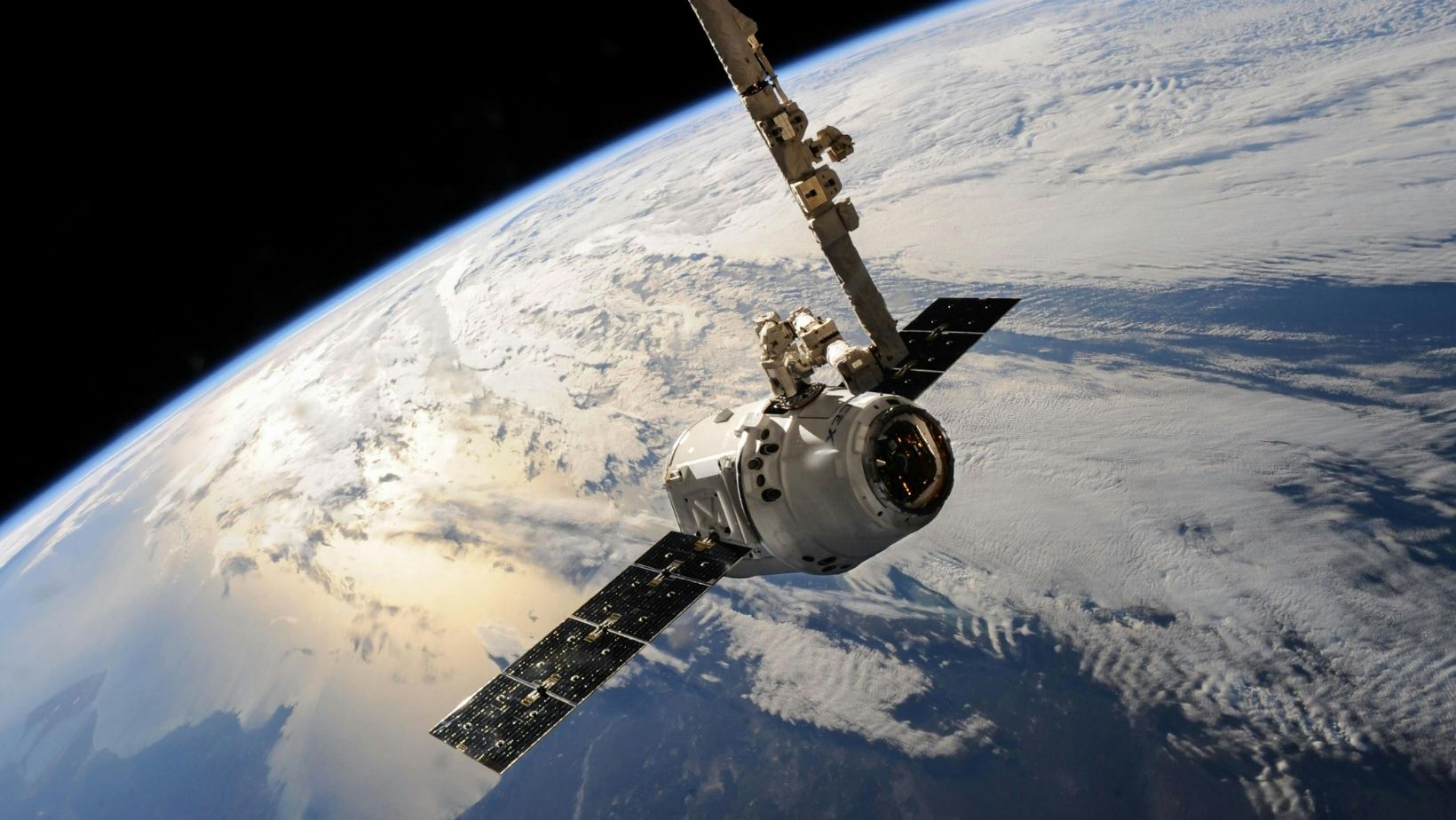
The space industry is no longer just about government agencies and moon landings. It’s a rapidly expanding, multi-billion-dollar sector driven by private companies, innovative startups, and ambitious national programs. From satellite internet constellations and space tourism to asteroid mining and Mars colonization, the possibilities are boundless. This boom is creating an unprecedented demand for a diverse range of talent. If you’re looking to launch your career into the cosmos, understanding the most in-demand skills in space tech is your first mission.
The Core: Engineering and Scientific Prowess
At the heart of the space industry lies a profound need for highly skilled engineers and scientists. These are the individuals who design, build, test, and operate the complex machinery that makes space exploration possible.
- Aerospace Engineers: These are the architects of spacecraft, rockets, and satellites. Their expertise spans propulsion, aerodynamics, structural design, and orbital mechanics.
- Electrical Engineers: Crucial for designing power systems, communication systems, avionics, and the intricate electronic components that enable spacecraft to function in harsh environments.
- Software Engineers & Developers: From flight control software and ground station operations to data processing and AI algorithms for autonomous systems, software is the nervous system of space tech. Proficiency in languages like C++, Python, and specialized embedded systems programming is highly valued.
- Materials Scientists: Developing new, lightweight, and resilient materials that can withstand extreme temperatures, radiation, and vacuum is critical for next-generation spacecraft.
- Data Scientists & AI/ML Specialists: The sheer volume of data generated by satellites and space missions requires experts who can process, analyze, and extract insights using machine learning and artificial intelligence. This includes everything from climate monitoring to space debris tracking.
- Robotics Engineers: As missions become more autonomous and involve in-situ resource utilization (like space mining), robotics expertise for designing and operating robotic arms, rovers, and automated systems is increasingly vital.
For those passionate about the scientific underpinnings of space, pursuing space science courses can provide a robust foundation. These programs often cover astrophysics, planetary science, astrobiology, and remote sensing, preparing individuals for roles in research, data analysis, and mission planning.
Beyond the Technical: Interdisciplinary and Soft Skills
While technical expertise is foundational, the complexity of space projects demands a blend of interdisciplinary knowledge and crucial soft skills.
- Systems Thinking: Space missions are incredibly complex systems. The ability to understand how different components interact, identify potential failure points, and optimize the entire system is paramount.
- Problem-Solving & Critical Thinking: When things go wrong in space, they go spectacularly wrong. The ability to diagnose complex issues under pressure and devise innovative solutions is highly prized.
- Collaboration & Communication: Space projects are massive collaborative efforts involving diverse teams across different organizations and even countries. Effective communication, teamwork, and the ability to work in multidisciplinary environments are essential.
- Adaptability & Resilience: The space industry is characterized by rapid technological advancements and unforeseen challenges. Professionals must be adaptable, resilient, and comfortable with ambiguity.
- Project Management: Managing multi-year, multi-million dollar projects with tight deadlines and strict safety protocols requires exceptional project management skills.
The Path to the Stars: Education and Specialization
For aspiring space professionals, a strong educational background is non-negotiable. While traditional engineering and science degrees provide a solid base, specialized programs are becoming increasingly important. Aerospace courses are specifically designed to equip students with the unique knowledge and skills required for designing, manufacturing, and operating aircraft and spacecraft. These programs delve into areas like propulsion systems, orbital mechanics, spacecraft structures, and avionics, providing a direct pathway into the space industry. Many universities and institutions now offer dedicated degrees and certifications in space engineering, space systems, and related fields, often incorporating hands-on experience with real-world projects.
Conclusion: A Universe of Opportunity
The space tech industry is a frontier of innovation, offering unparalleled opportunities for those with the right skills and passion, from the engineers who design the rockets to the scientists who analyze cosmic data, and yes, even the astronauts who venture into the unknown, a diverse range of talents is needed to propel humanity further into the cosmos. By focusing on a strong technical foundation, cultivating interdisciplinary knowledge, and honing essential soft skills, you can position yourself at the forefront of this exciting and rapidly expanding industry. The future of space is being built today, and there’s a place for you in it.







